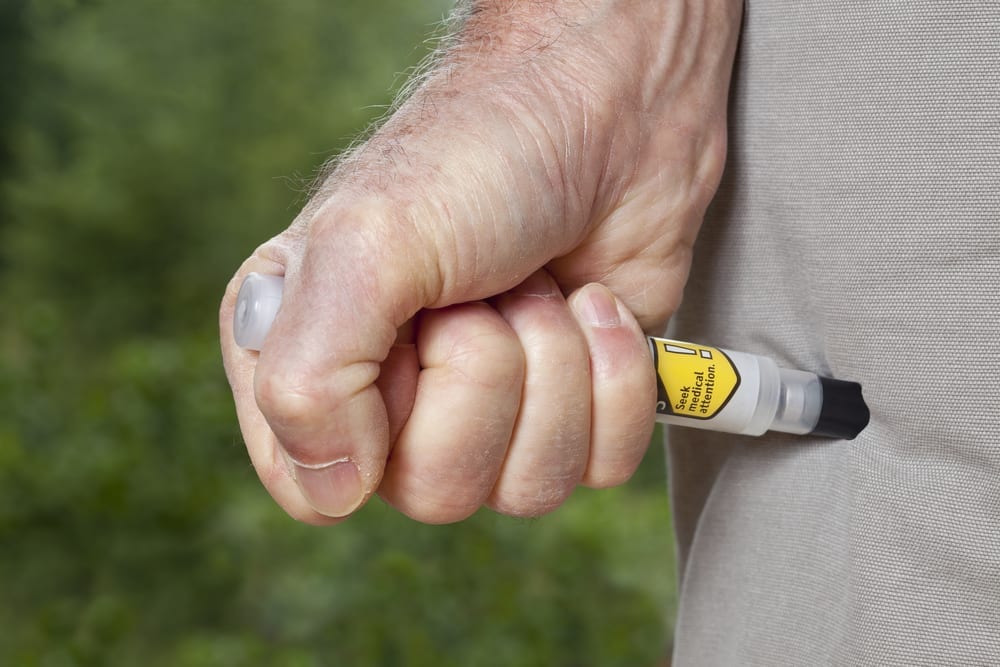Allergic reactions to foods are one of the most common causes for childhood anaphylaxis. Accurate allergy evaluation can define specific food allergies. A Board Certified Allergist can educate the child and their family on avoidance of specific foods and also prepare children and their families for prompt treatment in the event of an accidental food allergen exposure.
Usually an accidental exposure to a food allergen occurs in a restaurant, at school, or at a party. Schools are a common site for accidental food exposure which can occur either by accidental ingestion or contact with the food in a cafeteria or in a classroom project. Currently epinephrine (administered in the emergency room or by autoinjectors such as EpiPen or Auvi-Q) is recommended as the initial drug of choice for anaphylactic reactions and the availability and use of these autoinjectors has saved many lives.
Occasionally, a child will have an anaphylactic reaction to a food without prior knowledge of specific food allergies and without the availability of their own epinephrine autoinjector. Several children have died as a result of food induced anaphylaxis with unavailability of these autoinjectors. This new law will encourage schools to obtain epinephrine autoinjectors and have them available in the event of an anaphylactic reaction at school.
via Whitehouse.gov




